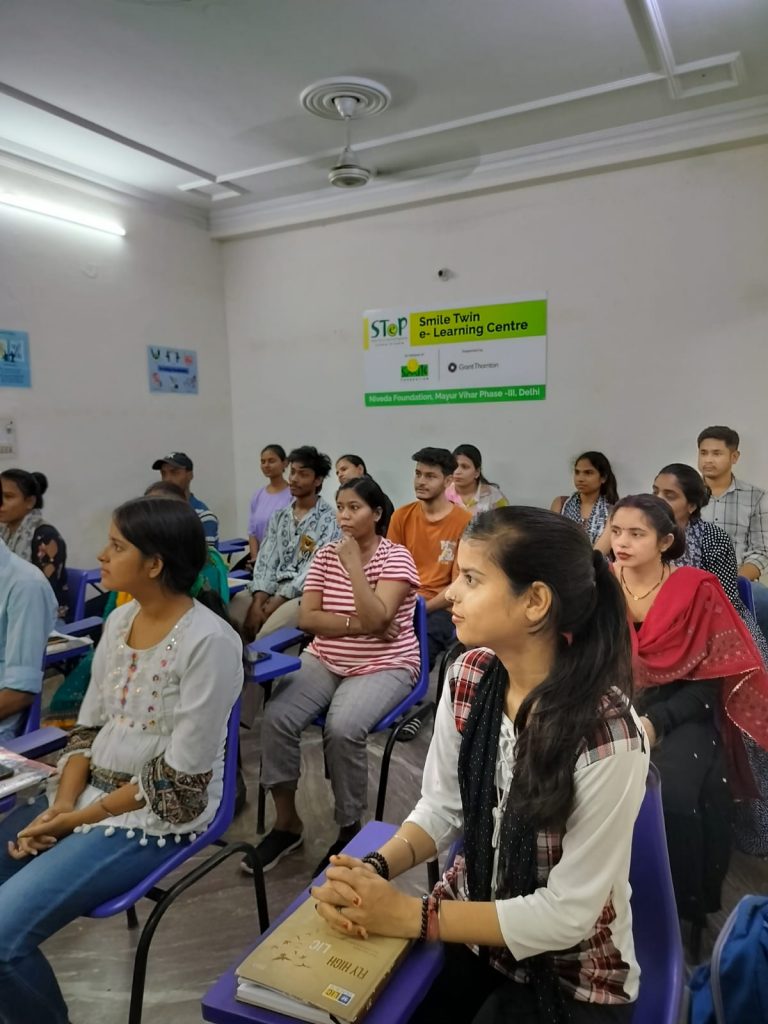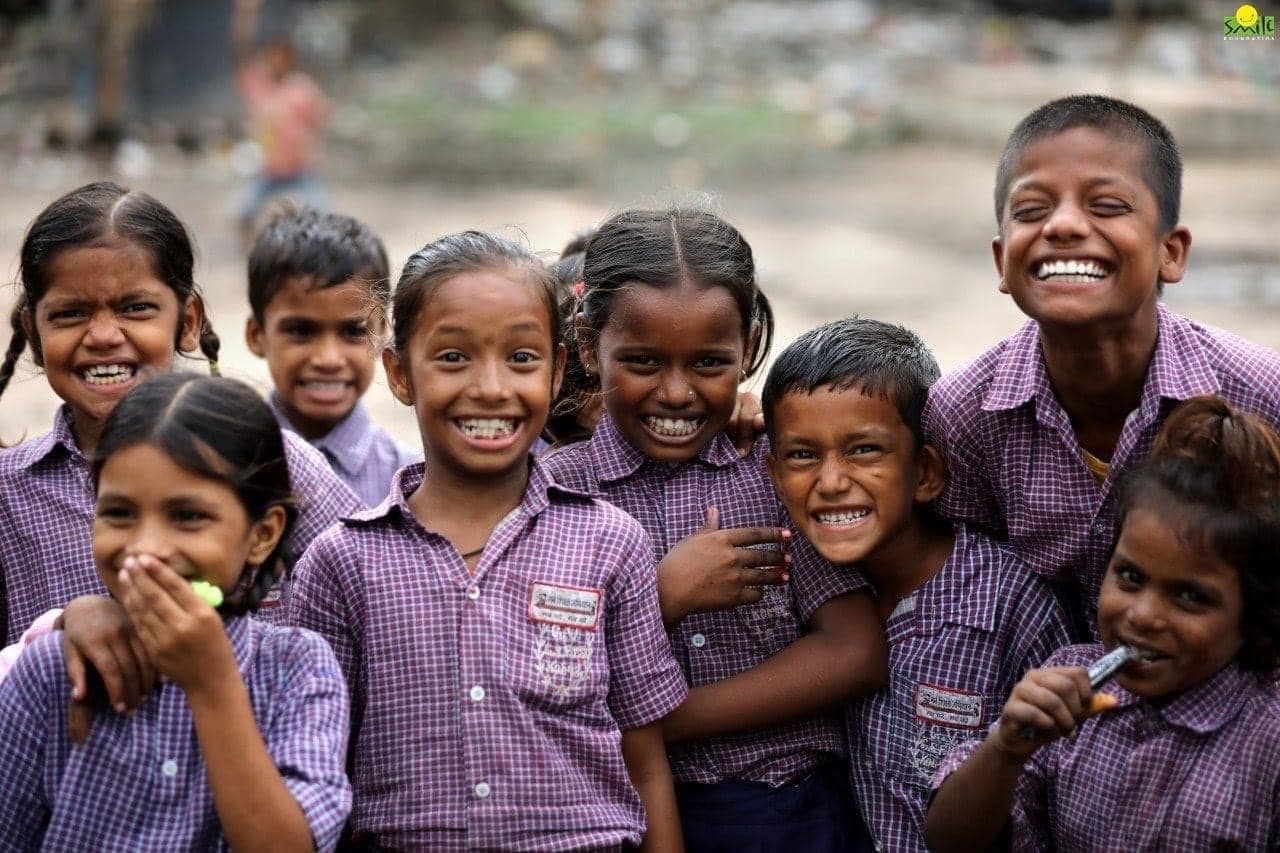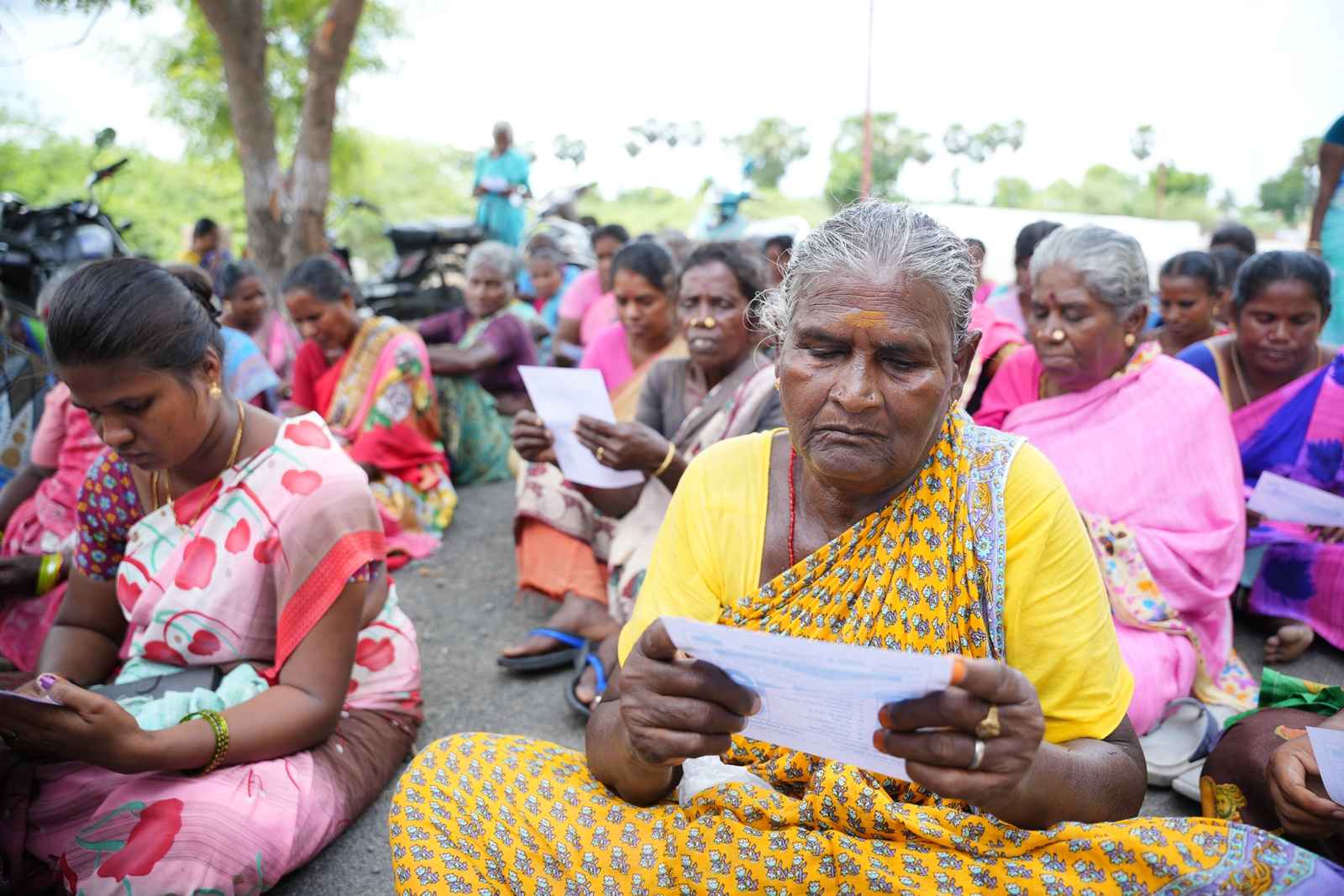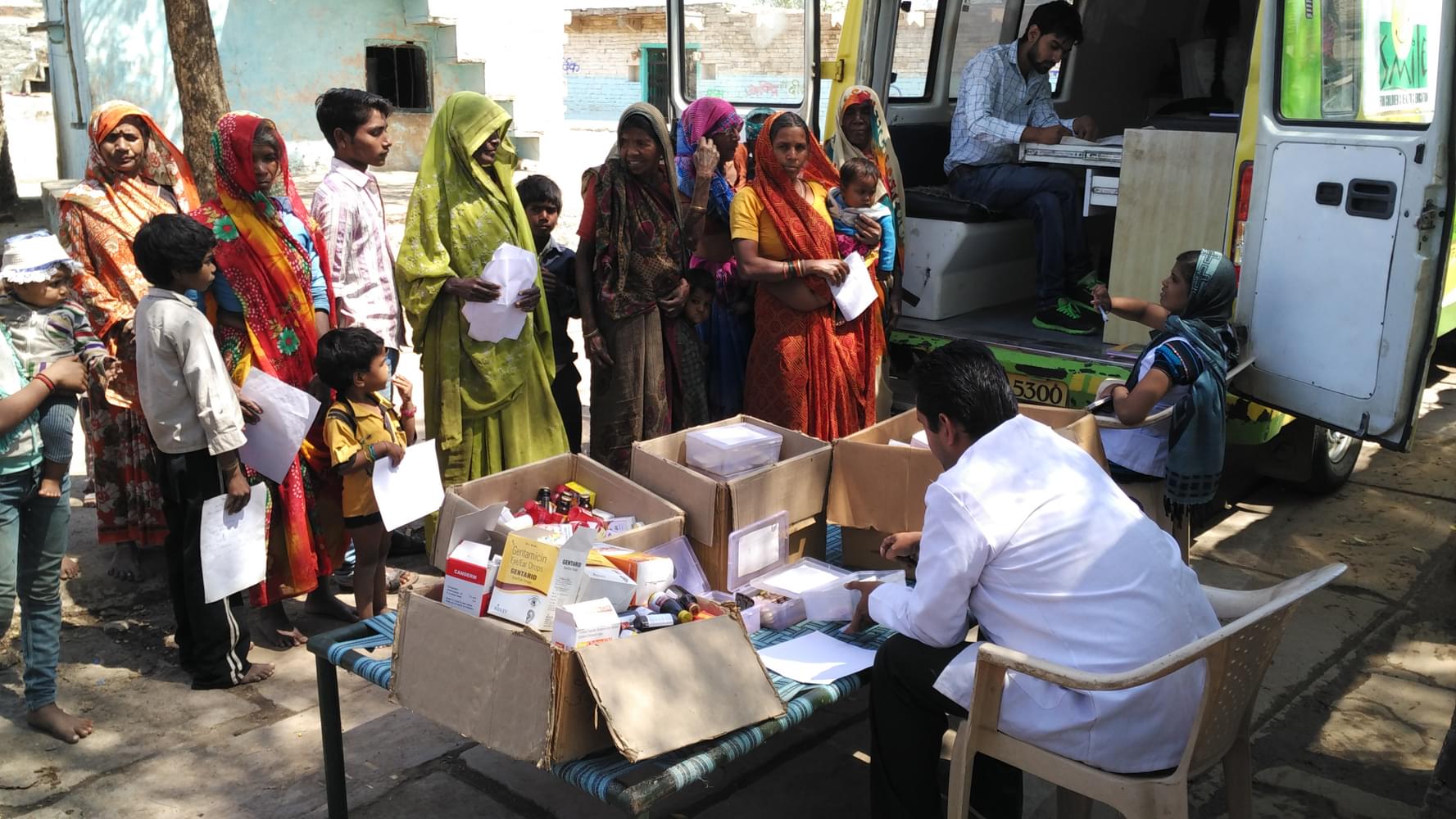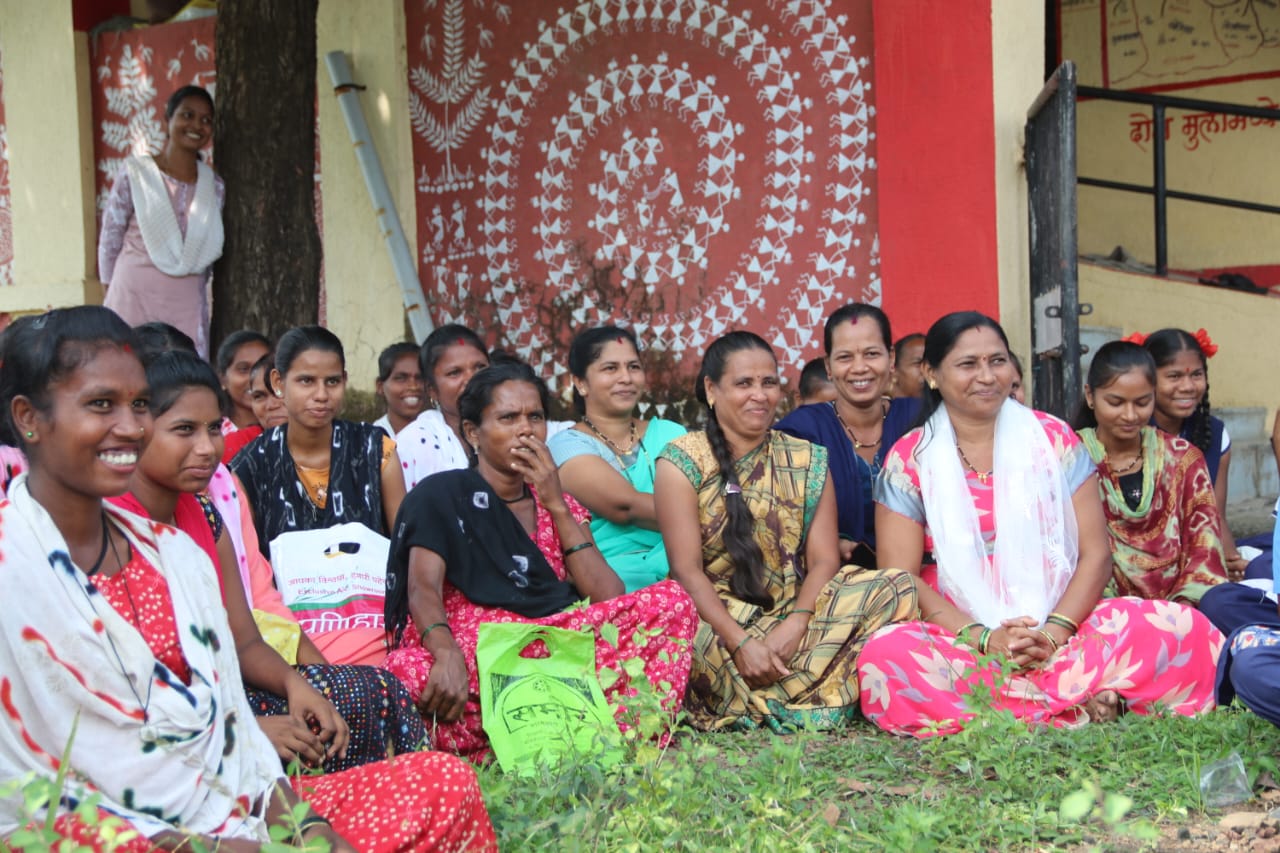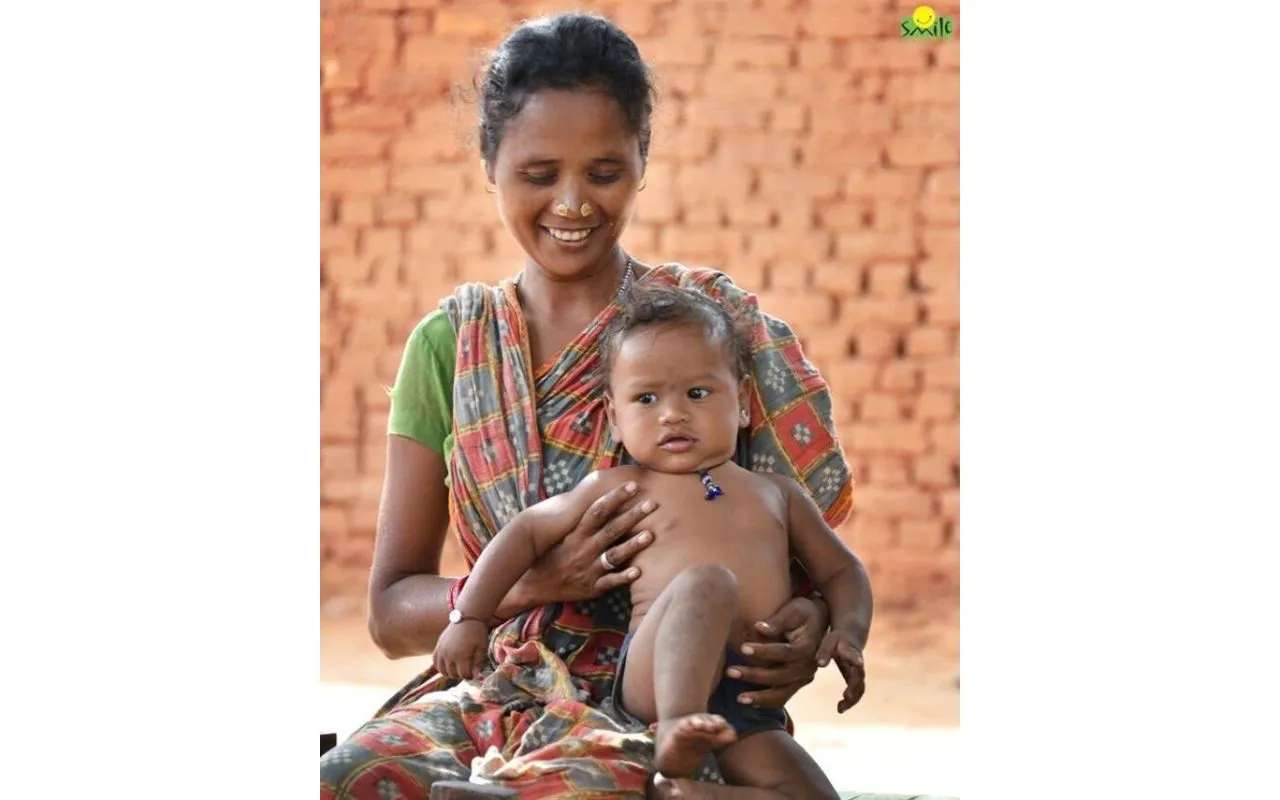Have you ever wondered how an individual can actually be independent in the absence of financial freedom? Won’t it be termed slavery if one had to obey their employer blindfolded to earn the money required to fulfill their basic requirements? This is when economic empowerment comes into picture. Economic empowerment has become more important in a country as populous and diverse as India to alleviate poverty, narrow down socio-economic disparities and let a person live with dignity.
Economically empowering the marginalised and vulnerable communities in the country whose unemployment rate has crossed 7% is not an easy task. India’s unemployment rate was 7.6% in March 2024, according to the Centre for Monitoring Indian Economy, an economic think tank.
Several organisations work in parallel with the government to offer skills training, entrepreneurial support and job opportunities through their best livelihood programmes in India. These programmes help the individuals not just to secure a stable income but also to overcome the socio-economical barriers and improve their standard of living, thereby. Economic empowerment achieved through livelihood programmes is the only sustainable path in India’s journey towards becoming a superpower.
Let’s take a look at some of the best livelihood programmes in India.
- Mahatma Gandhi National Rural Employment Guarantee Scheme (MGNREGS)
The scheme was implemented in 2005 with the vision to enhance the livelihood of rural households in the country. Under the scheme, villagers get guaranteed employment for about 100 days in a financial year with a minimum wage of INR 202 per day. Volunteering villagers are assigned unskilled manual work to create and maintain public assets like plantations.
The scheme plays a vital role during the lean agricultural seasons and in improving the rural infrastructure. According to the NREGA website, the scheme has 13.07 crore active workers in the financial year 2024–25 and created about 8.28 crore assets since its inception. It means the scheme has roughly benefitted 3.2 crore rural households in the country.
- Deendayal Antyodaya Yojana – National Rural Livelihoods Mission (DAY-NRLM)
The flagship programme of the union ministry of rural development aims at ensuring that economically backward households get profitable self-employment and skilled wage job opportunities for their sustainable livelihood. Under the scheme, people will get into skill development training and placement opportunities.
The scheme also supports self-employment through rural self-employment institutes, innovations, infrastructure creation and market support. Under the scheme, subsidised loans would be given to self-help groups (SHGs). According to the NRLM website, 10 crore households were mobilised into SHGs till date and 16.54 lakh SHGs have availed of loans worth Rs 33,480 crore during the financial year 2024-25.
- Pradhan Mantri Kaushal Vikas Yojana 4.0 (youth training programme)
The scheme aims at promoting an enabling environment for youths to acquire skills and choose a career path well-aligned with their aspirations and abilities. People aged between 15 and 59 years get training under the scheme. About 24.18 lakh youths have registered under the scheme in the current financial year.
According to the Skill India Digital website, the scheme has 12,249 training centres in 729 districts, which train youths for 777 job roles in 37 sectors with the help of 5,416 training partners. About 11.02 lakh youths are trained, 5.31 lakh trainees are assessed and 4.77 lakh trainees are certified this year. Ever since the scheme was launched in 2015, 1.37 crore youths were trained, of which 1.1 crore trainees were certified and 21.84 lakh were placed, the website adds.
- Startup India scheme
The scheme was launched in 2016 with the objective to support entrepreneurs and to build a robust start-up ecosystem, thereby transforming India from a country of job seekers to a country of job creators. The scheme supports startup ventures through its funding schemes like the Startup India Seed Fund Scheme, the Credit Guarantee Scheme for Startups and Startup India Investor Connect, which facilitates business opportunities and offers tax benefits.
Under the scheme, incubators and accelerators are established across the country to provide startups with mentorship, infrastructure and networking opportunities that play a vital role in their growth. It has encouraged numerous young entrepreneurs to develop scalable businesses. The Startup India website has about 7.3 lakh portal users and 1.42 lakh recognised startups. To encourage innovation among the entrepreneurs, national startup awards have been given annually.
- Deendayal Antyodaya Yojana – National Urban Livelihoods Mission (DAY-NULM)
The scheme aims at reducing poverty by enabling successful self-employment and skilled wage employment opportunities to urban financially backward households to help them improve their livelihood. The scheme provides housing facilities to urban homeless. Under the scheme, access to suitable spaces, institutional credit, social security and skill development training would be provided to urban street vendors to help them access the emerging market opportunities.
The scheme promotes community-based organisations and self-help groups among the urban poor with an aim to enhance their collective strength and participation in local governance. Also, under the scheme, affordable credit and financial assistance are provided to microenterprises. Ever since it was launched in 2013, the scheme has been implemented in 790 cities.
- Skill India mission
With the rising unemployment rate, bridging the gap between the unemployed youths and industrial requirements is the only way ahead. That’s when the Skill India mission becomes more than essential. Launched in 2015 with a vision to promote multiple skill-related and livelihood programmes among youths, the mission offers numerous offline and online courses like computer application, e-commerce, graphic designing, financial accounting and hardware technology. Their innovative training programmes which are curated with the help of industrial experts, aims to build a society where skills would open doors to endless employment opportunities.
Similarly, Smile Foundation has also been constantly working on connecting unemployed youth from marginalised communities with the sectors that have huge potential in terms of revenue generation and employment opportunities. We have been offering skill development training and organising job placements for the slum and rural youth across the country through our skilling and livelihood programme, STeP (Smile Twin e-Learning Programme). We have trained over 90,000 youths till date, of whom over 56,500 have acquired job offers.



